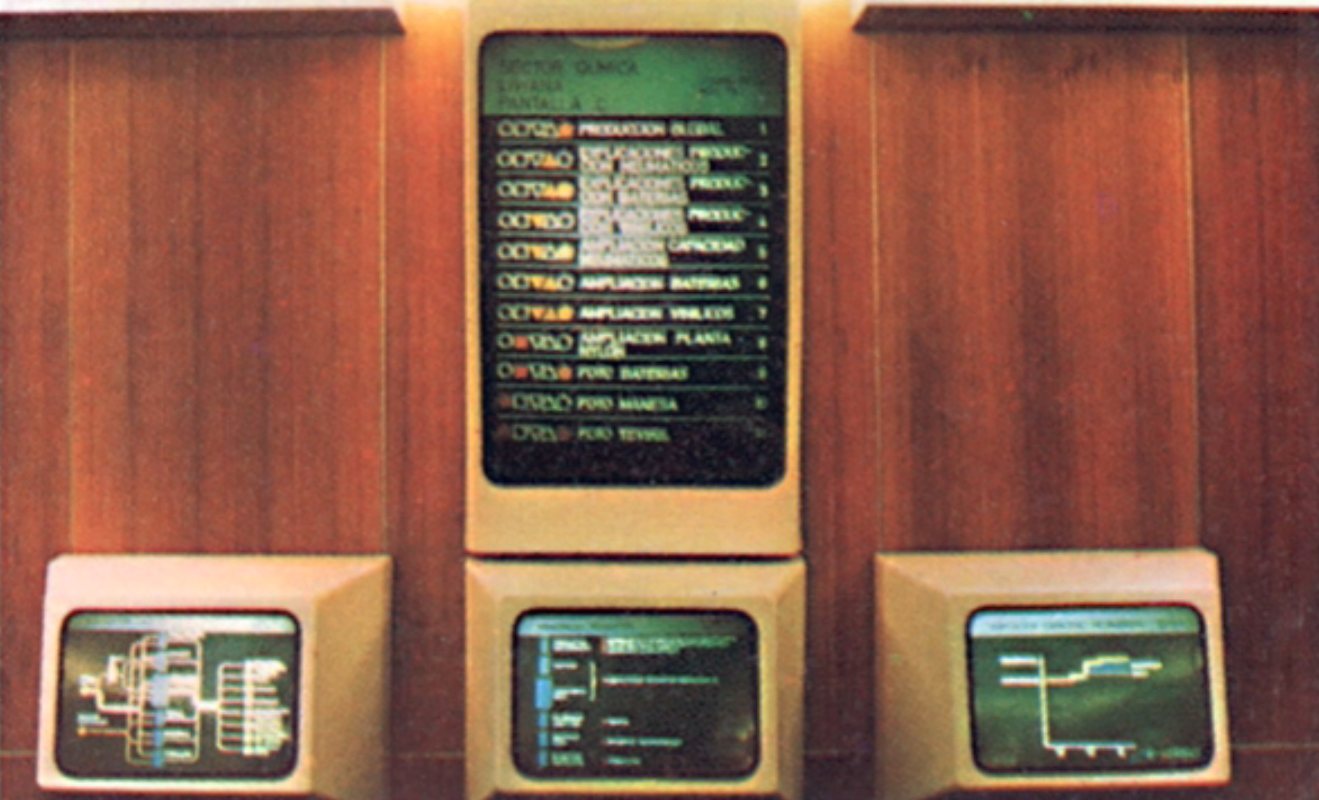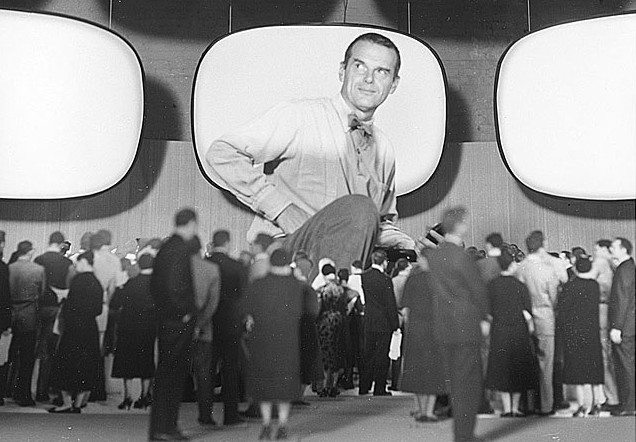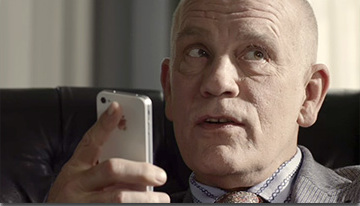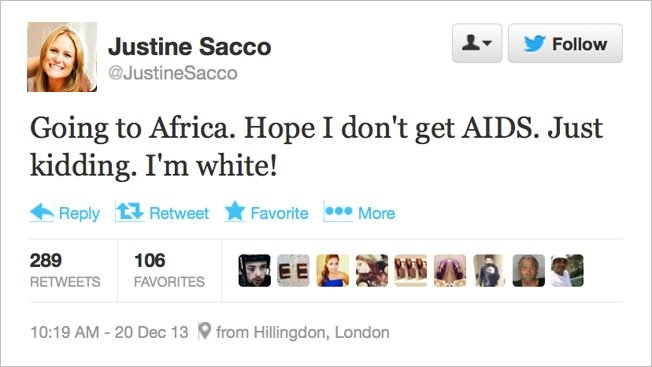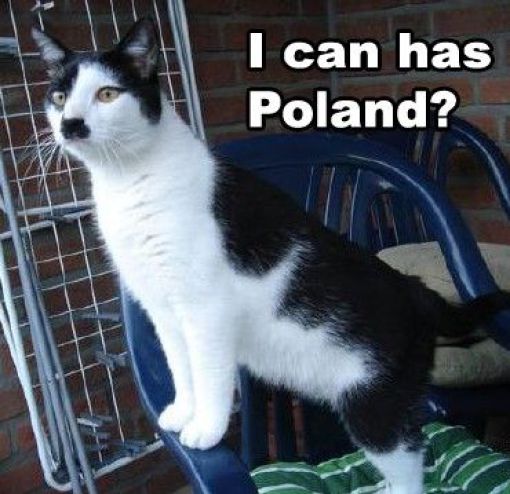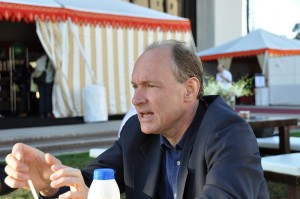Tim Berners-Lee didn’t intend to gift us a Trojan horse with the World Wide Web, if that’s what it’s turned out to be, but the good, old days of people complaining about cat memes are long gone.
A Techworld article by Scott Casey highlights two of the British computer scientist’s fears: 1) the global economy may eventually be run by AI sans human input, and 2) the Internet has undermined democracy.
On the first point: I’ve posted before about how future driverless-taxi companies can be self-owned, and there’s plenty of reason to believe that at least large swaths of financial sector businesses can become CEO-less. No reason to feel bad for the Jamie Dimons of the world, who still think banking regulations a bad idea even after the 2008 collapse that hurt so many, but the chaos in such a system would be almost untrackable.
The second point, even more dangerous, seems to have been confirmed over the last year: Those who thought social media was given too much credit for the Arab Spring were sadly wrong. It can be used to tilt the balance in favor of liberty but also against it, the latter result now abundantly clear. These are powerful tools–and powerful weapons.
Berners-Lee’s suggestion that political organizations not be allowed to target ads is a good one, but I’m afraid there’s no way to remove all the ghosts from inside his machine.
An excerpt:
Speaking in London today he built on these concerns, asking if social networks like Twitter are “net good for the planet” and calling for a rethink of how the internet tends to propagate “nasty ideas” over “constructive” ones.
“So the conclusion is a complete change of strategy,” he said. “We need to not leave people to create whatever social networks they like, we have to think about the impact that things have on society and possibly rethink the entire platform.”
Speaking in what appears to be a reaction to Donald Trump’s election, Berners-Lee also reiterated his concerns over political advertising being heavily targeted. He asked: “Should we introduce a rule that if you’re a political organisation, you may not target?”
“I talk about the horror scenario of going to a candidate’s webpage and depending on who you were you get a different message and that is just marketing 101 for the political websites out there. So we need to rethink the way we have built society on top of the web.”•

